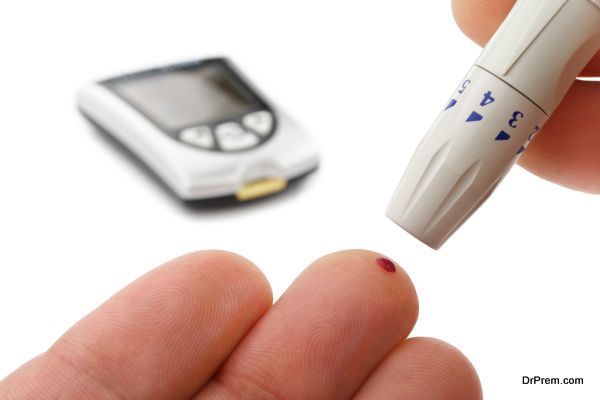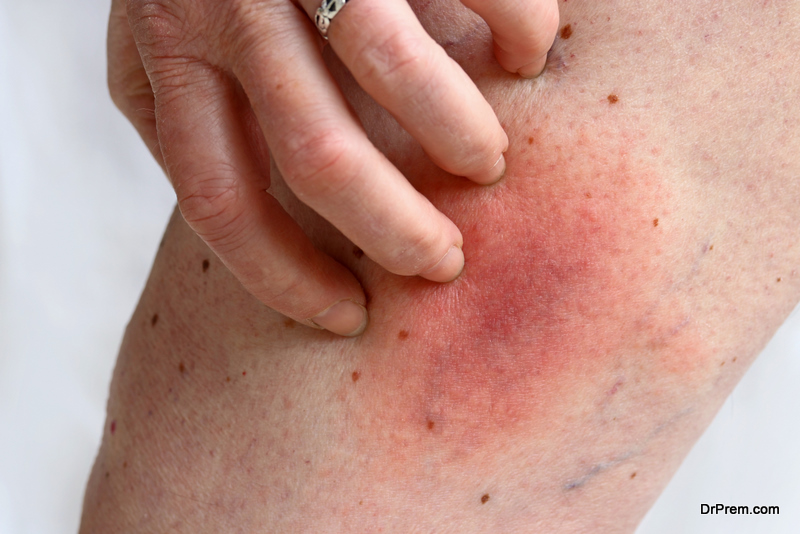Managing symptoms of Parkinson’s as it progresses through stages can be overwhelming. The dopamine receptor agonists lose its efficacy as the disease progresses in successive stages. The highly marketed latest drugs do not seem to restrict the progression of Parkinson’s symptoms.
The result, the condition worsens day by day. Reports of recent clinical trials are bringing in new hopes for the Parkinson’s patients as these seem to slow down the progression apart from tackling the symptoms.
D-512:
This new drug created by the research team of Binghamton University was administered in a preclinical model of Parkinson’s disease and the results were compared with the effects of dopamine agonist ropinirole.
It was found that the new drug is more efficacious, which not only managed the Parkinson’s symptoms in a better manner but also prolonged the time window of medicine administration. Patients with Parkinson’s have to take multiple medications several times a day. D-512 reduces this drastically due to increased duration of action.
Patients taking drugs for Parkinson’s over time develop hyperkinetic movements known as dyskinesia, a very common side effect. D-512 may cause lesser side effects than the Ropinirole medicine. The molecule itself is an antioxidant which greatly reduces oxidative stress.
D-512 appears to work fine in the earlier stages of Parkinson’s before it takes a firm grip on the patient, but the team is on the lookout whether it can slow down the progress in later stages.
Exenatide, the drug for Type 2 Diabetes may slow down the progression of Parkinson’s:
Another new hope for the Parkinson’s sufferers in the horizon. Based on the recent research study which revealed the link of insulin signaling in the brain to neurodegenerative disorders, scientists are highly optimistic of the efficacy of diabetes drugs in treating Parkinson’s.
The scientists are not yet prepared to call this drug suitable for all sufferers. If multicentre trials produce encouraging results, the drug is sure to change the treatment approach of Parkinson’s.
The drug showed marked improvement in the movement disorder caused by Parkinson’s and the effect persisted even if the drug is not taken for 12 weeks at a stretch signaling its effectiveness in slowing down the progression.
The efficacy of exenatide drug was assessed in a clinical trial among a group of 60 Parkinson’s patients randomly selecting them for drug injections or placebo for a week. Post assessment, it was found that those on exenatide showed 3.5 points improvement in comparison to those on placebo. This 3.5 point advantage led the scientists to conclude that the drug might be effective in slowing down the progress of the disease, which is vital in Parkinson’s treatment.
Mucuna pruriens variant utilis (MP):
MP, a tropical plant, has recently caught the attention in tackling Parkinson’s. The use of this plant in treating this disease is not new but existed since 300 BC. The seeds of this plant contain Levodopa, the precursor of dopamine and an important medication of Parkinson’s.
In 2004, a small clinical study with 8 Parkinson’s patients was conducted. Measured doses of Sinemet medication and MP were administered and the results were assessed based on the Unified Parkinson’s Disease Rating Scale (UPDRS).
- Those subjected to MP showed a faster onset than those on Sinemet medication.
- The action lasted for more time in the MP group. No significant adverse effect or dyskinesia was reported in this group.
In another round of single dose MP study conducted in 2017 among 18 patients where they were given powdered MP seeds and levodopa medication, the UPDRS assessment revealed:
- Less adverse effects and dyskinesia in the MP group
- The group with higher dose showed better onset response with longer duration of action.
In spite of encouraging results, scientists are cautious about the interpretation considering very few patients were included in clinical studies. The findings may not be that effective to a wider spectrum of Parkinson’s patients having symptoms of varying severity.






